How a Chinese accountant turned a dying state-owned factory into BOE Technology Group – world’s No 1 display maker supplying Apple, Huawei
How a Chinese accountant turned a dying state-owned factory into BOE Technology Group – world’s No 1 display maker supplying Apple, Huawei
- BOE Technology Group supplies the foldable display used on Huawei Technologies’ flagship 5G smartphone, Mate X
BOE Technology Group's headquarters in Beijing. Photo: Bloomberg
Wang Dongsheng was 35 when he pooled money with his colleagues to take over the state-owned vacuum-tube factory that they worked at. That was 1993, when Beijing Electronic Factory, first set up in the 1950s with help from the former Soviet Union, found itself teetering on bankruptcy after being unable to compete as the economy began to open up under the reforms initiated by the late paramount leader Deng Xiaoping.
Fast-forward to 2019 and the reborn BOE Technology Group has a market valuation of about US$18 billion, employs more than 68,000 workers, operates in 19 countries and is the world’s biggest display panel maker, with customers that include Apple and Huawei Technologies. In May, two days after receiving the David Sarnoff Industrial Achievement Prize in San Jose, California, company chairman Wang, now 62, told reporters he plans to step down this year.
Not bad for the former accountant, whose rule that panel-performance metrics must at least be doubled every 36 months for a given price point came to be known in the industry as “Wang’s Law”.
“BOE was founded 26 years ago, and since its founding day, we have never stopped growing,” Wang said in May. “The key for us has been staying focused and committing to innovation … I have full faith in BOE’s bright future, whether I am at the helm or not.”
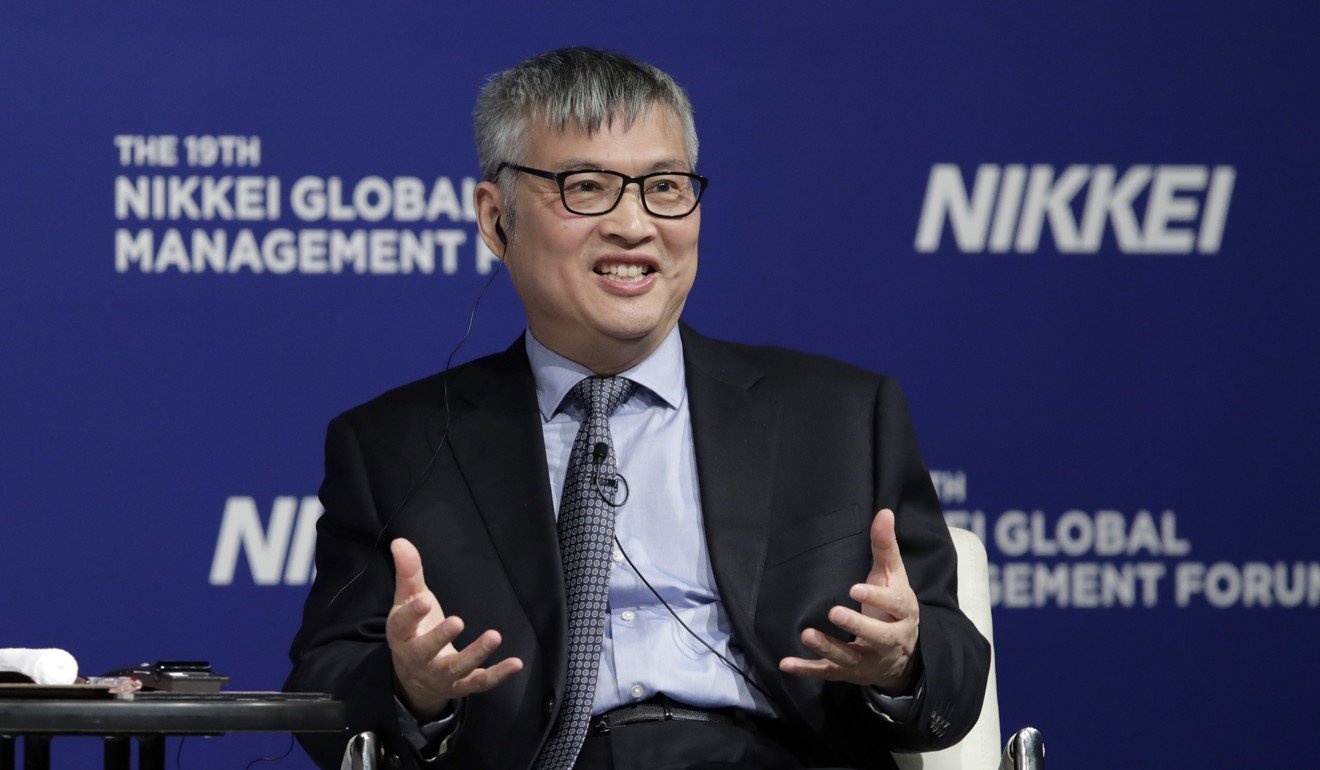
Wang Dongsheng, founder and chairman of Beijing-based display manufacturer BOE Technology Group. Photo: Bloomberg
Wang hands over the Shenzhen-listed company that is poised to tackle the coming era of 5G mobile connectivity, which experts see as the enabling technology to connect everyday devices and usher in the industrial internet.
While the company added smart systems and health care services as its two other core businesses last year, BOE continues to make headlines around the world with its advances in display technology – specifically, its flexible Active Matrix organic light-emitting diode (OLED) screen for Huawei’s Mate X 5G smartphone.
Apple is now in the final stages of certifying BOE’s flexible OLED displays for the 5G iPhone expected to release next year, according to Japanese business journal Nikkei Asian Review, which cited sources in its report last week. BOE has been supplying liquid-crystal display (LCD) panels for Apple’s MacBook and iPad since 2017.
A spokesman for BOE had no comment when reached via WeChat messaging on Friday.
In the display market, worldwide foldable display revenues are expected to grow to US$8.4 billion by 2023, up from an estimated US$62 million this year, according to projections by Display Supply Chain Consultants.
BOE achieved a major milestone in the first quarter of this year, when it was ranked as the world’s largest television panel vendor in terms of unit shipments. It is also widely recognised as the world’s largest supplier of displays used in a broad spectrum of applications, including smartphones, tablets, notebook computers, monitors, vehicle displays, digital information displays and wearable devices.
The company made its market breakthrough in 2003, when it acquired core display technology from thin-film transistor (TFT) LCD maker Hydis, then a subsidiary of South Korea’s Hynix Semiconductor, for US$380 million.
Hydis then had a 4 per cent global market share of TFT-LCDs, which are used in personal computer monitors, mobile phones, car guidance systems and colour televisions.
“This core … was in the hands of South Korean and Japanese companies,” said Wang, BOE’s chief executive when the takeover deal was made in February 2003. “An acquisition was the only way we could get hold of it.”
Since that landmark deal, BOE has made other strategic acquisitions, investments and reorganisations to ensure that it remained ahead of both domestic and overseas competitors.
Wang – a graduate of the Hangzhou Institute of Electrical Engineering, renamed in 2004 as Hangzhou Dianzi University, in China’s eastern Zhejiang province – has focused BOE on constant technology research and development. “Without technology innovation, a company will definitely lose the battle in the market,” Wang told Beijing TV in an interview last year. “I have always dreamed that BOE will win respect from the world because of its technology innovation.”
BOE, however, remains vulnerable to a further escalation of the US-China trade war. The company depends on American companies such as Corning, 3M and Applied Materials to supply the most crucial materials and equipment to make displays, the Nikkei report said. Nine of the firm’s top 10 shareholders are also state-owned entities.
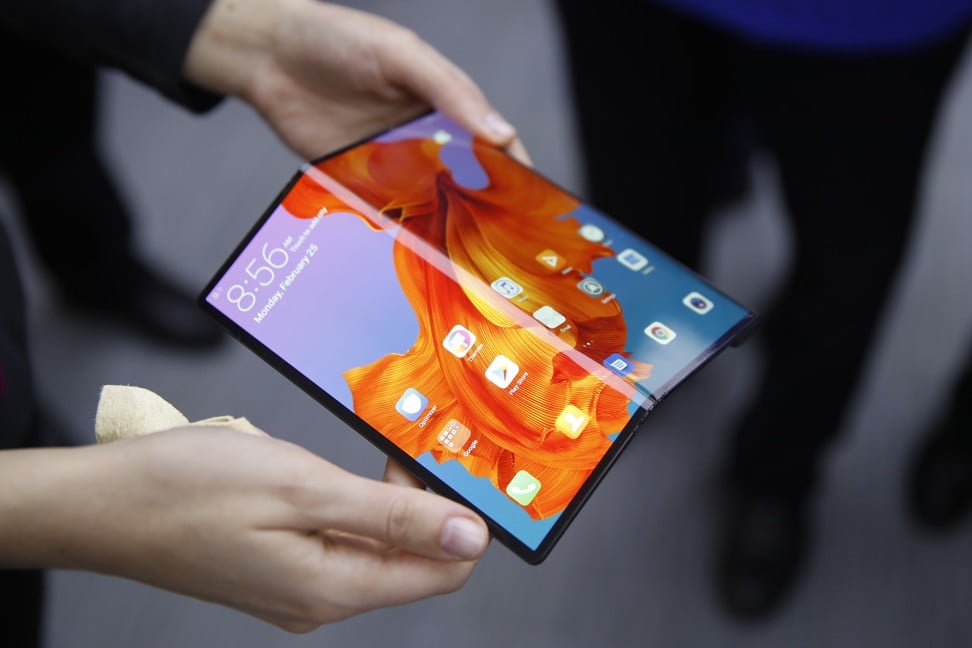
Chinese telecommunications equipment giant Huawei Technologies’ flagship 5G smartphone, Mate X, is designed with an advanced foldable display supplied by BOE Technology Group. The device will be released later this year. Photo: Bloomberg
BOE’s client Huawei, the world’s largest telecoms equipment supplier and second biggest smartphone vendor, is still on Washington’s trade blacklist because of security concerns. The US government, however, recently granted Huawei
to the reprieve that lets it continue to do business with American hi-tech companies.
Looking back at his effort to save the company that has become BOE, Wang said in an interview with The Paperlast year, that he could have secured a career elsewhere, but he decided to stay because he did not want to see his colleagues lose their jobs. As the US-China trade war rages, BOE’s recourse is to keep pushing forward.
For more insights into China tech, join our
group, subscribe to our
podcast, and download the comprehensive
. Also roam
, an interactive digital map at our sister site
.


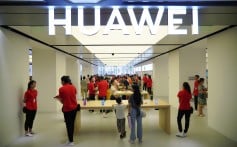





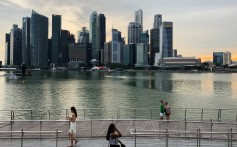


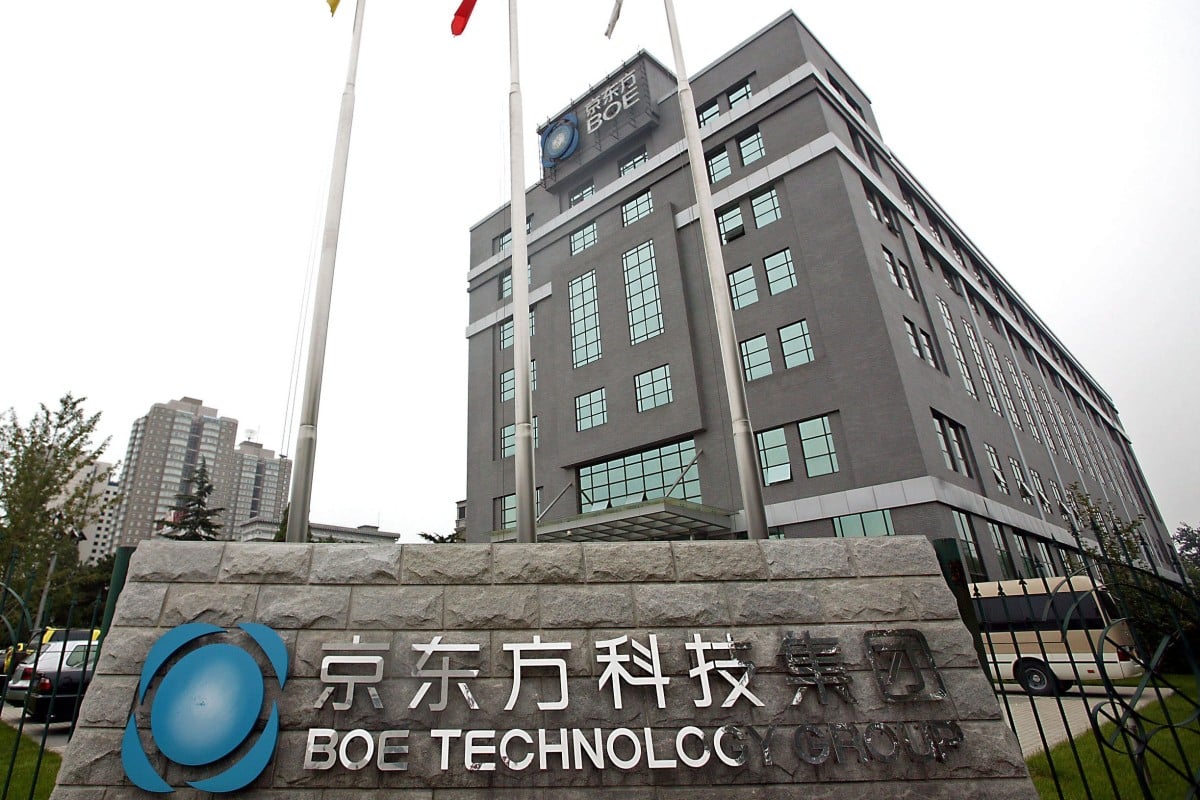
Comments